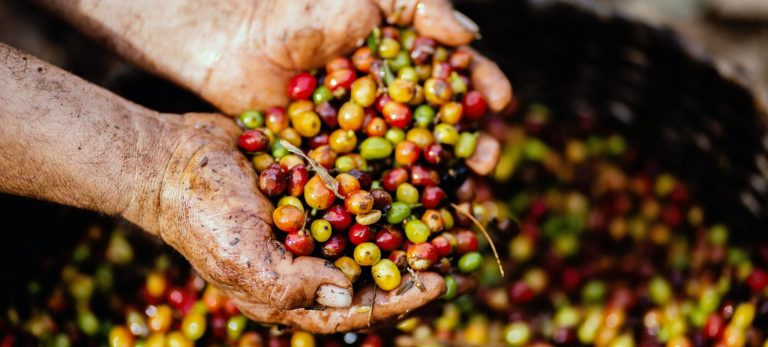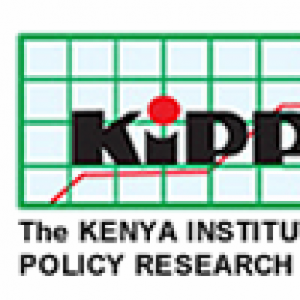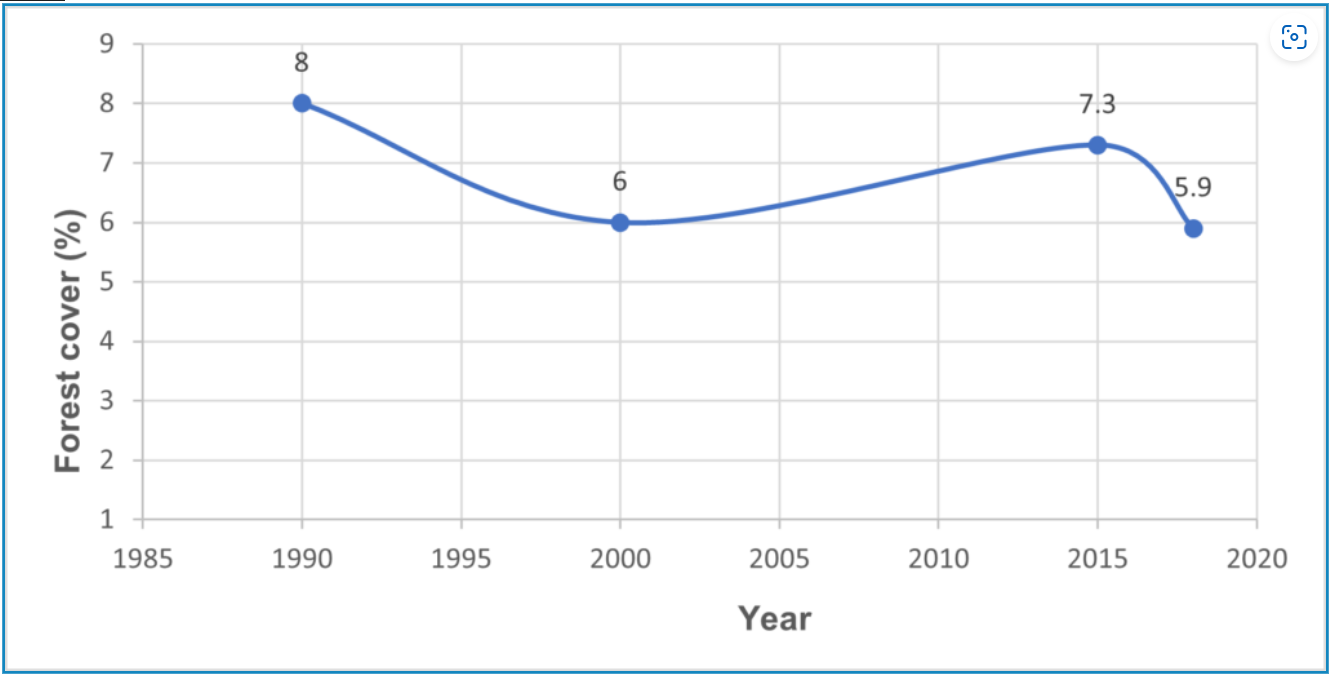Introduction
Agri-food trade is a critical component to achieving the twin goals of food and nutrition security and global health. Trade affects the different dimensions of food and nutrition security: availability, access, utilization, and stability through three (3) key intervening factors, namely total food supply, household income and government services.
As defined by Food and Agriculture Organization (FAO) of the United Nations, food and nutrition security exists when all people, at all times, have physical and economic access to sufficient, safe, and nutritious food to meet their dietary needs and food preferences for an active and healthy life. Positive effects on food security and nutrition outcomes can be because of agricultural interventions that promote production of a diverse basket of food, or interventions that increase agricultural productivity. However, research findings in East Africa suggest that nutrition-sensitive interventions that promote agricultural productivity to increase household incomes, together with a push for deeper market integration, are more effective in improving household’s dietary diversity than those encouraging production diversity. Production diversity is particularly limited considering that not all regions are endowed with favourable conditions for diverse agricultural production. Distribution of natural resources, and productivity potential across different agroecological zones, do not match and therefore the need to achieve balance through markets. As such, some communities would be devastatingly food insecure with limited access to diverse foods to address the nutritional needs in absence of food trade. Thus, agri-food trade is a major precondition for rural and urban populations to access nutritious, sufficient, and safe food to enhance their food and nutrition security. On health, poor food security and nutritional outcomes are likely to lead to micronutrient and macronutrient deficiencies, which have devastating effects on the health and productivity of individuals, and in the long-run on national economies.
In Kenya, agri-food trade plays a significant role in supporting food and nutrition security. In the country, purchases are a key source of food consumption and thus dietary intake. Nationally, 68.3% of total food consumed is from purchases while 18.0% is from own production. An analysis of consumption by residential area reveals similar patterns where in rural, peri-urban and core-urban areas, households mainly source their food from purchases, accounting for 57.4%, 65.6% and 85.7% of total food consumed, respectively. It thus shows that food purchases play a significant role in access to diverse diets by households.
Linking Women in Agriculture to Markets for Improved Household Nutritional Outcomes
Studies on gender differences in food and nutrition security show that, relative to men, women in Sub-Saharan Africa generally take a more active role in the provision of nutritious healthy foods for households and nation at large. The differences are accredited to the roles men and women play in agricultural production and consumption, how they use their personal incomes, and their access to and control over resources. These differences are shaped by norms and values of responsibilities between men and women in a household, and intra-household relations and how resources flow around production and consumption. In the African context, issues of food are expected to be dealt with by women and this influences how women use their personal income. As such, women invest a higher proportion of their incomes within households towards food consumption and play an active role than men in providing nutrients to the households through food.
Keeping agri-food trade working for women is thus an important in support of lasting food security and nutrition. The conundrum is that while women’s participation in agri-food trade is well acknowledged in food and nutrition security, proactive policies to enhance the capacity of women to effectively participate in agri-food trade is lacking at both the national and county levels in Kenya. Women experience limitations in market opportunities, especially in formal high-end agricultural markets where access opportunities are unevenly distributed. The formal high-end markets are characterized by expanded distribution, compliance to safety standards and regulations, quality products and higher returns.
Differences in formal market opportunities arise due to various factors, including: lack of informed policies and structures that take into consideration the differing needs and potential of women and men; lack of security and mobility; high cost of transportation; lack of adequate financial assets to support businesses; stigmatization of women in male-dominated fields; limited information and access to training; subsistence production orientation, which limits market competitiveness and capacity to comply with international standards; and time constraints. These limitations affect women’s agri-food sales and income levels.
With the broad division of responsibilities between men and women in households, less income accruing to women would affect their share of responsibilities, including their capability to influence diets and other nutrition relevant indicators at the household level. Market-oriented interventions aimed at improving household diets are likely to be more effective if the interventions build the capacity of women to gain and maintain access developed agri-food trade systems. We underscore the need to maintain access in addition to gaining access. Maintenance of access is particularly important as this will allow female farmers to regularly market their produce; that is, enable the women to produce for the market rather than trying to market what they produce. In addition, market interventions that link female farmers to buyers in advance of production, for instance through contractual agreements, assures farmers of markets while the agreed prices help in reducing income volatility. Further, linking women farmers with buyers in advance of production is likely to reduce various transactional costs, such as costs related to searching for buyers, and would also allow intermediaries to be bypassed. Market assurance coupled with reduced transactional costs are likely to improve agricultural income accruing to women, and thereby promote their contribution to household’s healthy and diversified dietary intake
Conclusion and Recommendations
Research has shown that strengthening women’s access to agri-food markets generates increased and stable incomes, laying a foundation for their capability to sustainably deliver diverse nutritious foods in households. There is thus need for National and County governments to foster an inclusive agri-food trade system and provide a policy environment that enables women, and other disadvantaged groups, in accessing developed agri-food trade systems. Towards this end, we recommend the following:
- Support women in production, food handling, and storage facilities for their commodities to achieve acceptable quality standards.
- Avail supportive market infrastructure, including transport and cold storage facilities, and supportive services such as agri-trade credit facilities and provide market information.
- Equip women to improve food safety regarding known hazards and build county institutional capacities to respond to unexpected events. This will build women’s capacity to participate in high end markets by achieving the level of risks that is deemed acceptable, and help the country build resilience and enduring food systems, including agri-food trade.
- Link farmers to formal markets by organizing farmers in producer groups, cooperative, associations or societies, marketing groups, contract farming or linking farmers to processing firms.
- Finally, there is need for policies to be both proactive and reactive in enhancing access to high-end agri-food trade. This way, Kenya will progress to its objective of enabling access to adequate food of acceptable quality and basic nutrition as stipulated in the Constitution of Kenya.
Authors: Dr Everlyn Kihiu, Policy Analyst, Productive Sector Department
Juneweex Mbuthia, Young Professional, Productive Sector Department
Hillary Wakhungu, Young Professional, Productive Sector Department






